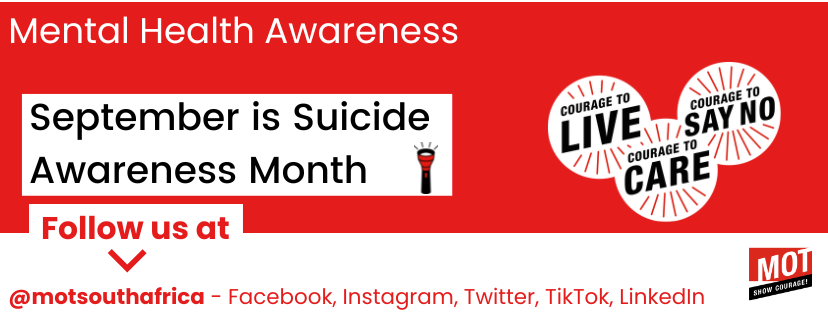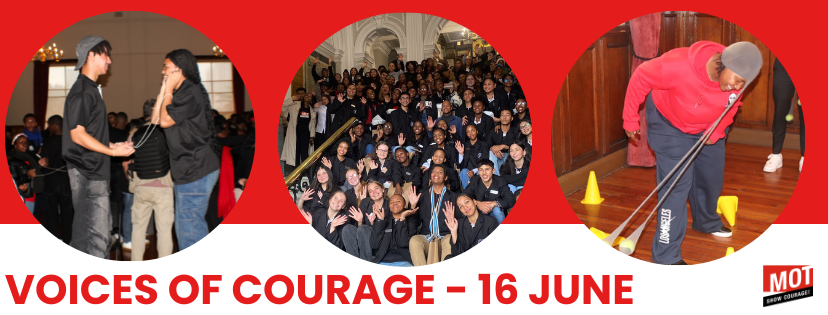A time to raise awareness of the stigmatized, and often misunderstood topic – Mental Health. September is Suicide Awareness Month and we would like to educate the importance of mental health awareness.
What is mental health?
Mental health includes our emotional, psychological, and social well-being. It affects the manner in which we think, feel, and act. It is very important to determine and understand how you should handle stress, relate to others, and make healthy choices. Mental health is important at every stage of life, from childhood, adolescence, and adulthood.
Why is mental health important?
Mental and physical health are equally important components of our overall health. For example, depression increases the risk of many types of physical health problems, particularly long-lasting conditions like diabetes, heart disease, and stroke.
What are the causes of Suicide?
Suicidal thoughts are often caused by mental health conditions and can affect anyone regardless of age, gender, or background. Suicide is always a result of an untreated mental health condition.
This has become more common mostly in teenagers and young adults and should not be considered normal and usually indicate more serious issues than anything else. Suicide is one of the second leading causes of death among teenagers and young adults in South Africa and around the world. For every youth suicide, it is estimated that 100 to 200 others attempt suicide. Teenage and Young adulthood is a time when many people experience significant stress from life transitions such as being bullied, emotional traumas, abuse, loss of hope, independence, and responsibility including many others. This typically happens when one either moves away from home, at the beginning of high school, beginning of university or during a career. That stress has also been amplified by the COVID-19 pandemic.
We’ve seen striking glimmers of resilience and the ability to bounce back from a negative experience or difficult challenge.
MOT prevents exclusion, bullying, violence, alcohol and drug abuse, crime and mental problems.
Steps to follow to help someone in crisis:
- Ask the tough question – Find out what their thoughts are and use thought-provoking questions.
- Keep them safe – Separate them from anything they could use to harm themselves or be a danger to them. Seek immediate help should you find signs.
- Be there and listen – Listen with a heart full of compassion, show empathy and no judgement to hear, and understand why they feel that way.
- Help them connect – Find a support system or group, whether family members, friends, or a therapist, that will help in the situation.
- Follow-up – Constantly checking up on them will show them that they belong and would be very meaningful in reassuring them that they have all the support they need.
Signs that are generally clear and easy to observe:
- Talking about wanting to die
- Looking for a way to kill themselves, like searching online
- Talking about feeling hopeless
- Talking about feeling trapped or in unbearable pain
- Talking about being a burden to others
- Increasing the use of alcohol or drugs
- Acting anxious or agitated, or behaving recklessly
- Sleeping too little or too much
- Withdrawing or isolating themselves
- Showing rage or talking about seeking revenge
- Having extreme mood swings
Where to get assistance if you feel suicidal or depressed:
Check out our article here about our MOT Coaches’ Basic Education that took place in Colesberg to the Burgersdorp, Eastern Cape community.
Follow and like us on our social media platforms below for even more interesting content on the following links: Instagram | Facebook | Twitter | LinkedIn | TikTok | YouTube

